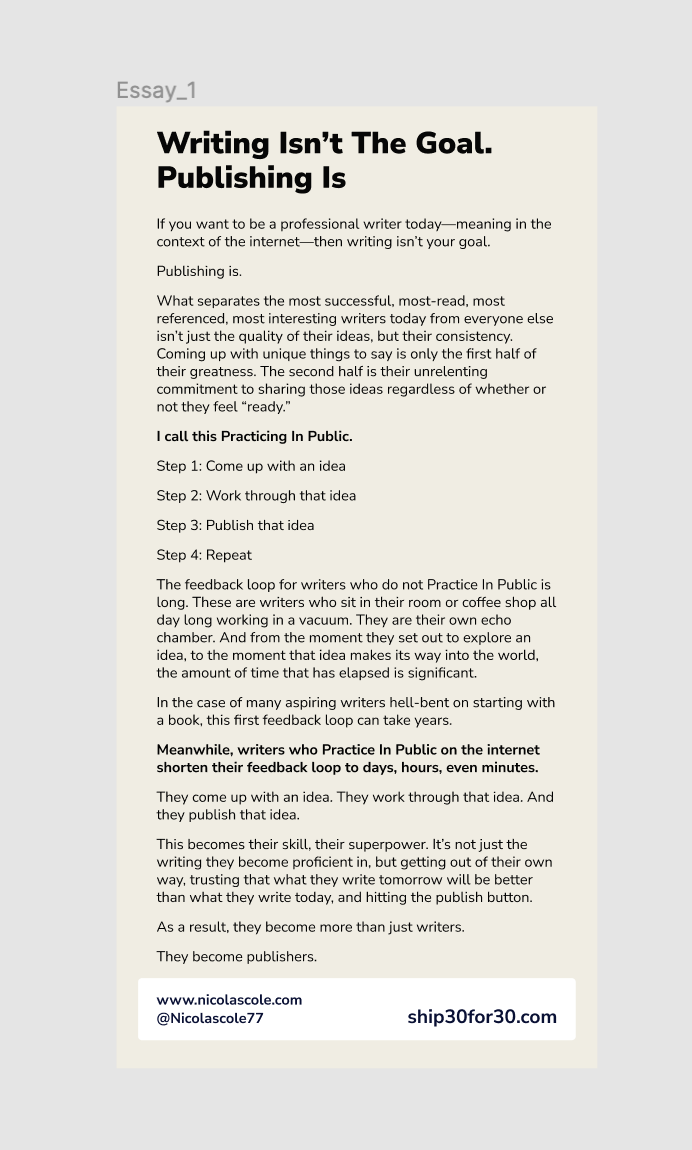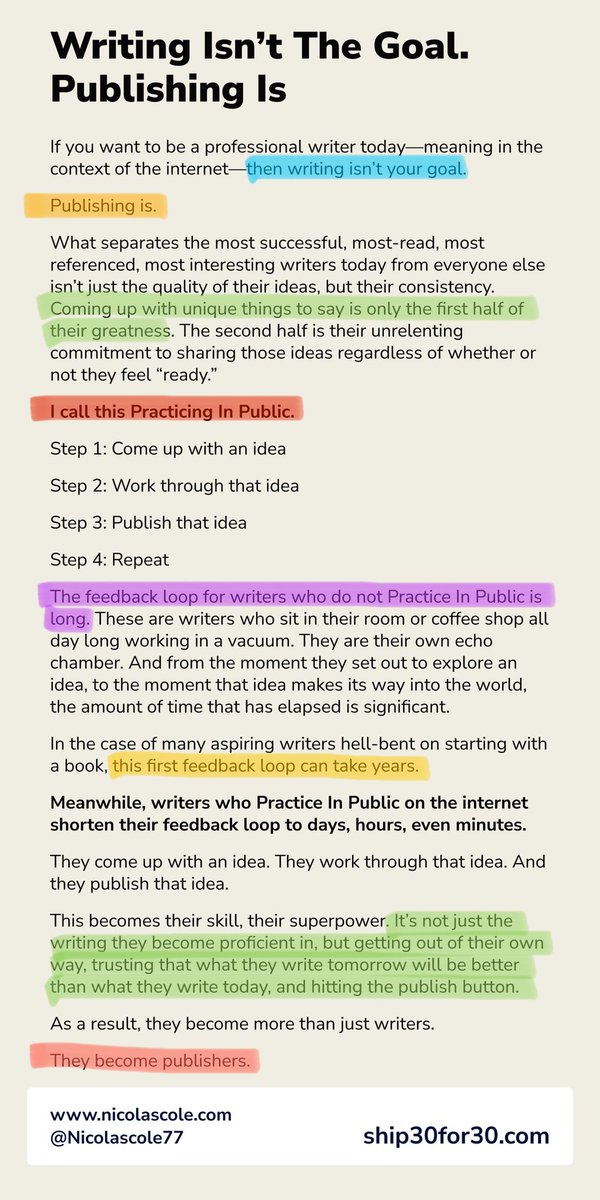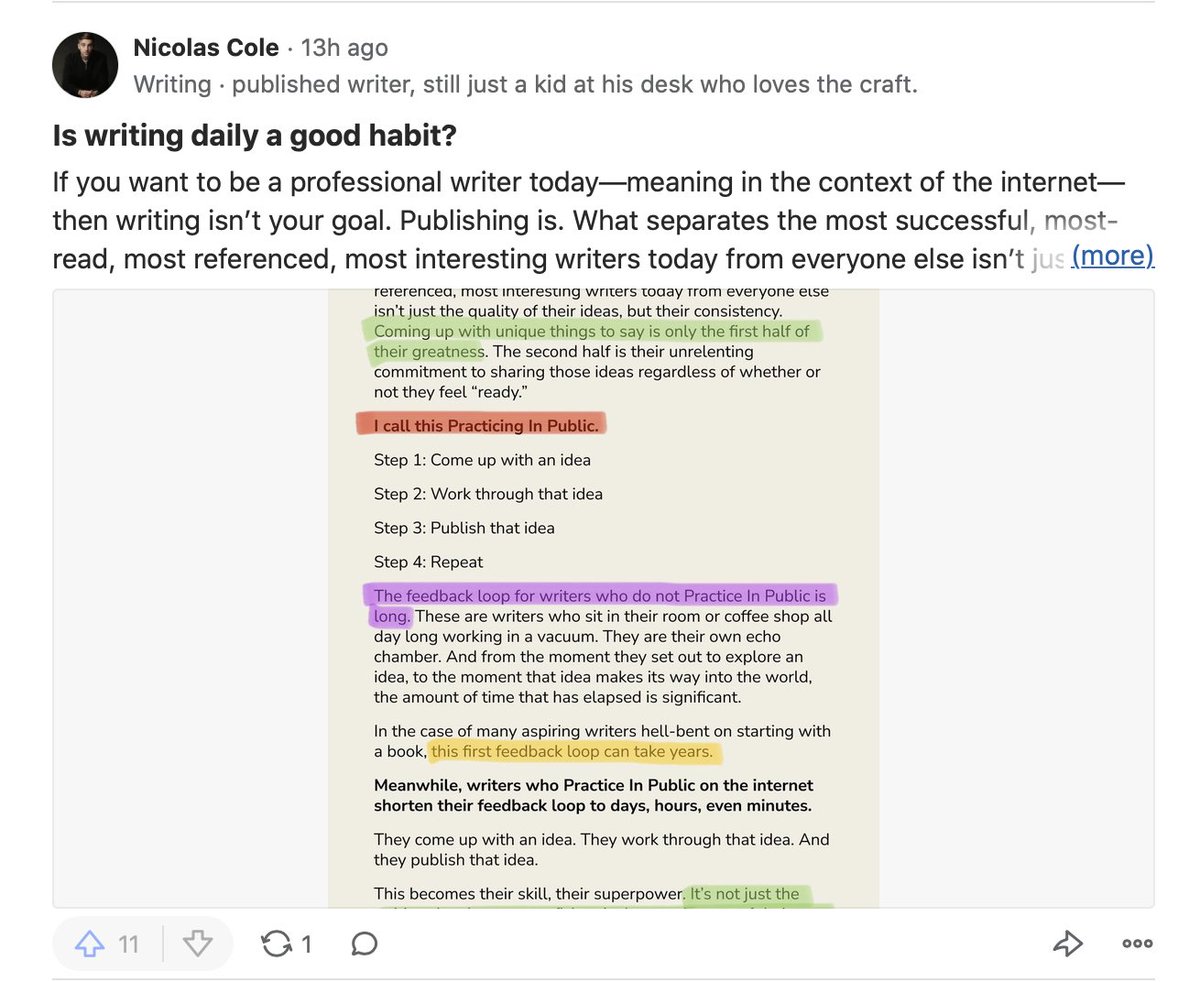https://t.co/XqDtKBcrAD
0/ A holiday economic theory reading list. Some of my favorite pieces on theory that can be read with minimal sweat, but with the maximal intellectual reward. In no particular order:
https://t.co/XqDtKBcrAD
https://t.co/RnCg0JIl07.
https://t.co/xO2BnIYlhw?
https://t.co/bYPAsWbJ8G
https://t.co/3jDTnzdt3c
https://t.co/OtwEP9pyks
Robinson's 1932 publication is 20pages \u201cEconomics is a Serious Subject: the apologia of an economist to the mathematician, the scientist and the plain man,\u201d and I can\u2019t find a full version. If you have it, I\u2019d love to read a copy for the genealogy of a concept I\u2019m working on, thx
— Beatrice Cherrier (@Undercoverhist) May 27, 2019
https://t.co/uVTHNnTAMc
https://t.co/PRpTdpURDM
More from Economy
Dr. Gita Gopinath, Chief Economist at IMF says "Farm bills are in right
Dr. Surjit Bhalla, executive director at IMF support farm
Godrej Agrovet Chairman Nadir Godrej tells Bloomberg that agriculture reforms are important for
Godrej Agrovet Chairman Nadir Godrej tells Bloomberg that agriculture reforms are important for India. pic.twitter.com/N6rnelLn0E
— BloombergQuint (@BloombergQuint) December 11, 2020
Prof Ashok Gulati supports new farm
Vice-Chairman of Bharti Enterprises Rajan Bharti Mittal supports the new farm
THREAD/
https://t.co/1lFaJM52RX
https://t.co/i5HOfZ19r7
https://t.co/DuPSrrqnzz
https://t.co/0ANveWdvFO
You May Also Like
As a dean of a major academic institution, I could not have said this. But I will now. Requiring such statements in applications for appointments and promotions is an affront to academic freedom, and diminishes the true value of diversity, equity of inclusion by trivializing it. https://t.co/NfcI5VLODi
— Jeffrey Flier (@jflier) November 10, 2018
We know that elite institutions like the one Flier was in (partial) charge of rely on irrelevant status markers like private school education, whiteness, legacy, and ability to charm an old white guy at an interview.
Harvard's discriminatory policies are becoming increasingly well known, across the political spectrum (see, e.g., the recent lawsuit on discrimination against East Asian applications.)
It's refreshing to hear a senior administrator admits to personally opposing policies that attempt to remedy these basic flaws. These are flaws that harm his institution's ability to do cutting-edge research and to serve the public.
Harvard is being eclipsed by institutions that have different ideas about how to run a 21st Century institution. Stanford, for one; the UC system; the "public Ivys".
Why is this the most powerful question you can ask when attempting to reach an agreement with another human being or organization?
A thread, co-written by @deanmbrody:
Next level tactic when closing a sale, candidate, or investment:
— Erik Torenberg (@eriktorenberg) February 27, 2018
Ask: \u201cWhat needs to be true for you to be all in?\u201d
You'll usually get an explicit answer that you might not get otherwise. It also holds them accountable once the thing they need becomes true.
2/ First, “X” could be lots of things. Examples: What would need to be true for you to
- “Feel it's in our best interest for me to be CMO"
- “Feel that we’re in a good place as a company”
- “Feel that we’re on the same page”
- “Feel that we both got what we wanted from this deal
3/ Normally, we aren’t that direct. Example from startup/VC land:
Founders leave VC meetings thinking that every VC will invest, but they rarely do.
Worse over, the founders don’t know what they need to do in order to be fundable.
4/ So why should you ask the magic Q?
To get clarity.
You want to know where you stand, and what it takes to get what you want in a way that also gets them what they want.
It also holds them (mentally) accountable once the thing they need becomes true.
5/ Staying in the context of soliciting investors, the question is “what would need to be true for you to want to invest (or partner with us on this journey, etc)?”
Multiple responses to this question are likely to deliver a positive result.























